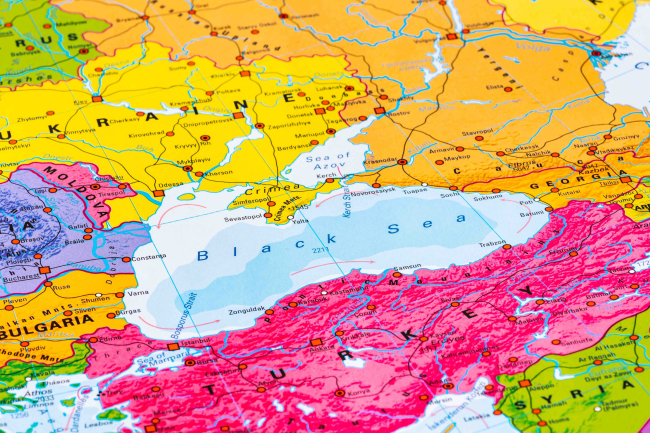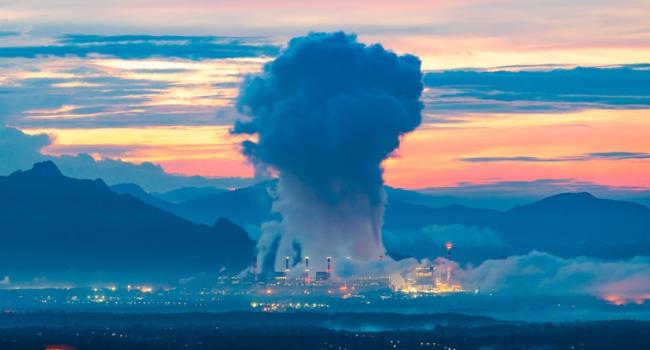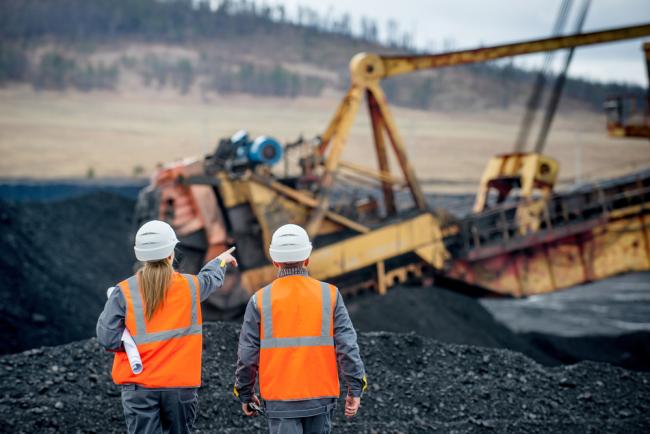Electricity Decarbonization, Diversification and Security of Supply: How to Meet the 2030 Challenge in North-West Continental Europe?

Practical information
Themes and regions
Related centers and programs
Electricity systems of the North-West area of continental Europe will go through fundamental changes in the coming years. Decarbonization and diversification strategies adopted in Belgium, France, Germany and the Netherlands will lead to a swift phase out of large amounts of dispatchable coal and nuclear power generation capacities.

Meanwhile, variable renewable production will have to ramp up at unprecedented speed, especially in the context of the new climate targets for 2030. And lastly, the use of electricity will expand in the transport and residential sectors alongside for digital applications and hydrogen, with potentially strong implications for demand patterns.
The region is well interconnected and has benefited from the complementarities and overcapacities of national systems to date, but changes on the way will require strong coordination on both foresight exercises and the design of precautionary measures. The objective of this webinar will be to the assess the scale of these interlinked challenges, discuss potential blind spots, and identify steps for future action.
Chair: Marc-Antoine Eyl-Mazzega, Director, Center for Energy & Climate, Ifri
- Pierre-Laurent Lucille, Chief Economist, Engie
- Peter Scheerer, Expert European Affairs, TransnetBW
- François Dassa, Head of Global Prospective and International Relations, EDF
- Vincent Thouvenin, Director European Affairs, RTE
- Oliver Koch, Head of unit Internal Energy Market, DG Energy, European Commission
Moderation: Carole Mathieu, Head of EU Energy & Climate Policies, Ifri
Find out more
Addressing the Climate Emergency: Closing 1,000 Gigawatts of Coal Plants by 2035
In order to have any chance of limiting global warming to well below +2°C, there is no choice but to tackle coal-fired power plants head-on, around the world.
The Renovation Wave: A Make or Break for the European Green Deal
European buildings are old and too often inefficient, past policies have not delivered and the amount of investment into energy efficiency must be scaled up dramatically to meet the 2030 targets and ultimately, the carbon neutrality objective.
Norway as a Decarbonization Hub for the European Union
The European Union (EU) is committed to reach climate neutrality by 2050. Similarly, Norway aims to create a zero-emission society by that same year.
Consequences of the coal phase-out on the electricity production in Germany: a best practice model for Europe?
2020 marked the beginning of the total phasing out of electricity production based on coal, as well as coal extraction in Germany. Laws implemented in 2020 concluded a governmental process started in 2015, which itself resulted from a prior broader debate on the role of coal in a viable and sustainable energy and economic system.
Related Subjects
Other events

Affirming European Security in Ukraine and the Black Sea Region
European security has been challenged in 2022 with the full-fledged invasion of Ukraine by the Russian Federation.

Post-war Europe: How to Redefine a Security Architecture Within a New Transatlantic Framework?
A new European security architecture has to be built. The question is: will this happen with or without Europe? The US President, Donald Trump, who returned to the White House a little more than two months ago, and the President of the Russian Federation, Vladimir Putin, have initiated talks to put an end to the war in Ukraine, with the possibility of Ukraine ceding territory to Russia being raised.

Doing Politics in African Cities: Actors, Causes and Forms of Urban Social Mobilization
From Maputo to Nairobi and from Lagos to Dakar: recently, African cities have been the theatre of mobilizations by groups of young protesters.











